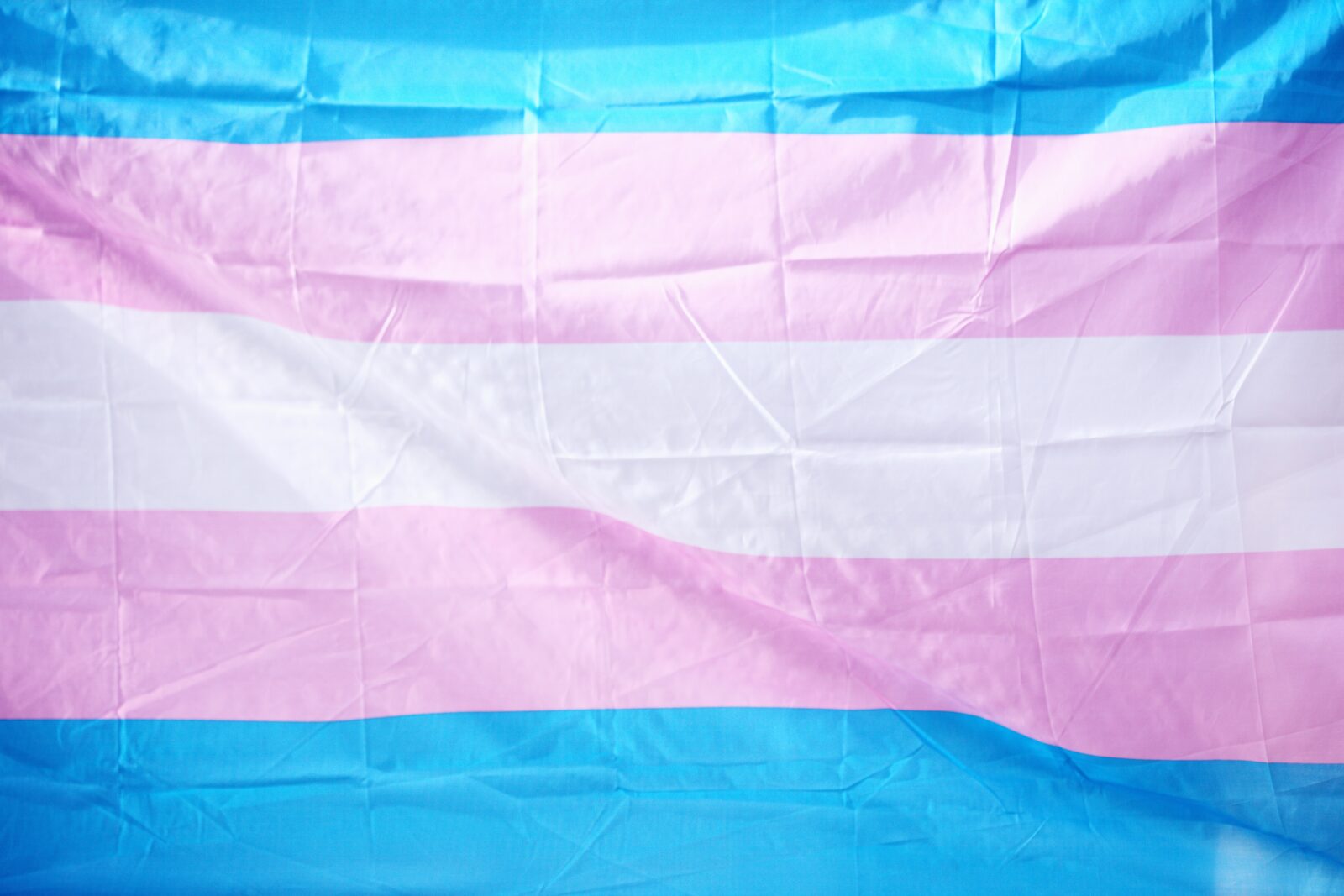How the Majority of Americans View Transgender Legislation

The political atmosphere continues to heat up as Americans prepare for mid-term elections. What we want to know is how voters feel about transgender rights and legislation before they hit the polls and cast their ballots.
The Pew Research Center let us in on a little insight with a May 2022 study conducted among 10,188 adults that gauged their views on gender identity, transgender and nonbinary people, and legislation. They found that although Americans want trans people protected from discrimination, the majority don’t support pro-trans laws and policies. Below, we’ll break down the findings.
General Anti-discrimination Laws
The majority of Americans favor legislation that will protect transgender individuals from discrimination in public spaces, housing, and the job market. About 64% of respondents favor or strongly favor anti-discrimination laws and policies, while 10% oppose or strongly oppose them. The study included the percentage of those who neither opposed nor favored—in this case, it was 25%—However, going forward the percentage of surveyors who chose neither will not be stated, but will always be the remaining percentage.
National Notes: Last year the U.S. House of Representatives passed the Equality Act—an extension of the Civil Rights Act that would prohibit discrimination based on sex, gender identity, sexual orientation, and other identifiers—and has been stalled in the Senate since March 2021. The Biden Administration supports the act. Furthermore, 21 states have banned trans discrimination in the three study categories.
Gender-Affirming Care for Adolescence
Forty-six percent of respondents believe that it should be illegal for medical professionals to provide minors with medical care for gender transitions. Additionally, 37%, believe that there should be laws investigating parents who help minors receive gender transition medical care for child abuse. On the contrary, 31% oppose medical professional care restrictions, and 36% oppose laws that would investigate parents for abuse.
National Notes: The School of Law Williams Institute at the University of California Los Angeles released a brief reporting that 15 states are either considering or have passed laws that restrict gender-affirming care, which has put 58,200 transgender youth and young adults at risk of losing access to care as of March 2022. Similarly, Pew reports that states like Idaho and New Hampshire have considered legislation that would classify gender transitions as child abuse; however, attempts have failed in many instances.
Transgender Athletes in Sports
When it comes to sports and transgender athletes, most Americans aren’t sure what to think; some want full inclusion; others have suggested alternatives—despite evidence that trans women do not have an advantage—and many want a ban against these athletes on teams that don’t match their birth sex. In this study, 58% of surveyors favor policy requiring athletes to participate on teams that match the sex they were assigned at birth, while 17% of respondents oppose restricting trans athletes.
National & International Notes: Pew reports that 18 states have passed legislation restricting transgender student-athletes from participating on teams that match their gender identity. Internationally, FINA—the international governing body over elite water sports competitions—restricted transgender women from competing, according to the New York Times.
The Use of Public Restrooms
American views regarding the use of public restrooms are mixed. Concerning potential policies that would restrict transgender individuals from using public restrooms that matched their gender identity, 41% of respondents somewhat favor these policies while 31% oppose them.
National Notes: There are no existing bans restricting transgender people from using public bathrooms that match their gender identity; however, there are at least three states—Alabama, Oklahoma, and Tennessee—that require public school students to use bathrooms that align with the sex they were assigned at birth. Furthermore, in the District of Colombia, Democrats are pushing for gender-neutral bathrooms.
Gender Identity in School Curriculum
Forty-one percent of respondents were in favor of making it illegal for public elementary schools to teach gender identity, while 38% would oppose legislation, making the topic illegal. Pew conducted a separate study in May asking parents with children in grades K-12 if their kids have learned about transgender and nonbinary people from a teacher or adult at their school. Twenty-nine percent of parents with children in any grade said their kids had learned about these topics, and 16% of parents with elementary school children said they had as well.
National Notes: Florida’s Parental Rights in Education Act—dubbed the “Don’t Say Gay” law by adversaries—began a ripple effect that prompted other states, at least 20 according to Pew, to follow suit and introduce similar bills.
Medical Coverage for Gender Transitions
Fewer Americans favor medical coverage for gender transitions—27%—requiring health insurance companies to cover medical care for gender transitions than those who oppose the coverage at 44%.
National Notes: At least 25 U.S. jurisdictions protect transgender patients from healthcare discrimination or require private health insurance companies to cover transition costs. Twenty-six jurisdictions also include coverage through their Medicaid programs; however, eight states exclude transition-related coverage via Medicaid.
Photo Courtesy of Alexander Grey/Unsplash










